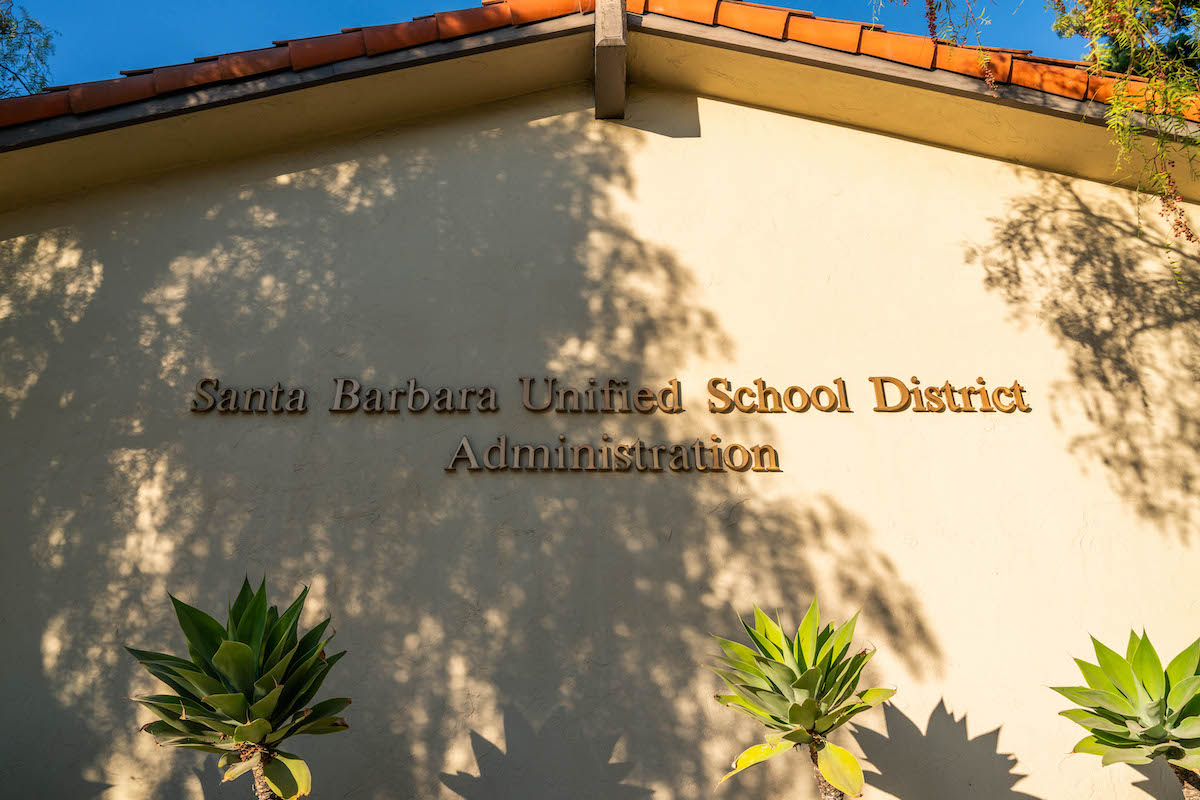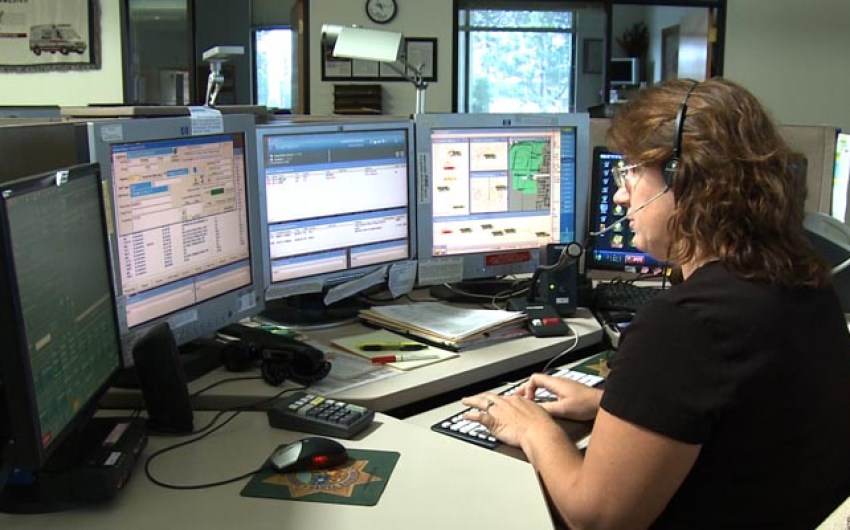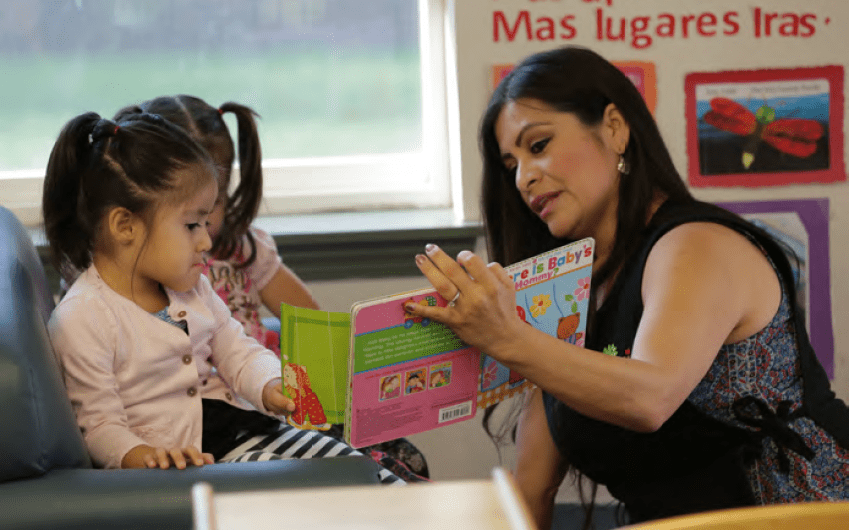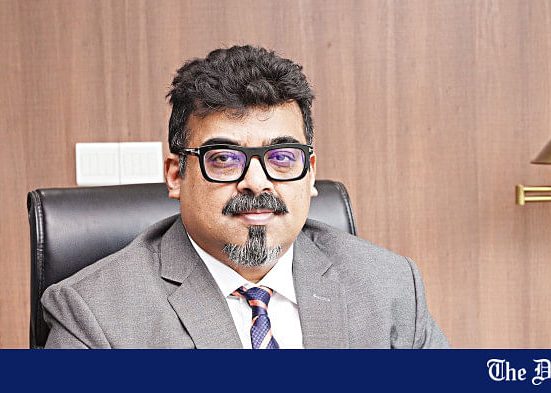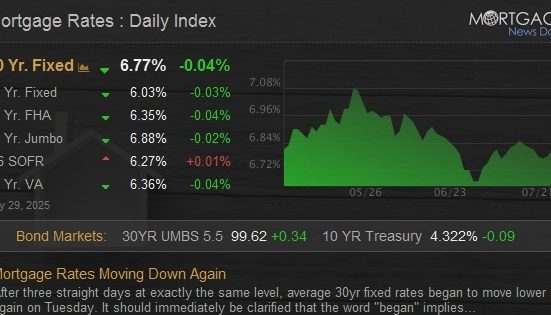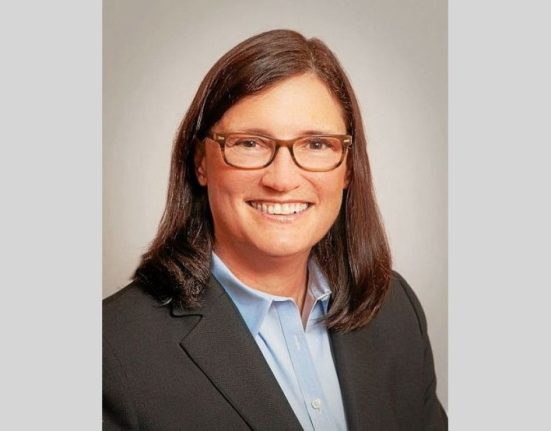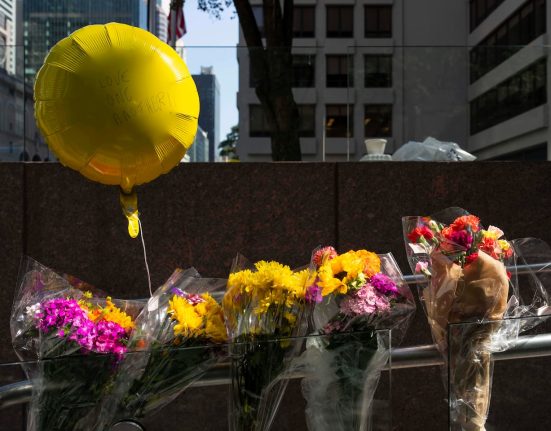After withholding billions of dollars from school districts nationwide, the Department of Education (DOE) would be opening the funding floodgates starting this Monday, July 28, the department announced on Friday.
It has been nearly a month since the department told California school districts, such as Santa Barbara Unified, that they would not be receiving the state’s combined $811 million in federal funding for education services, such as after-school programs and professional development for teachers, that was scheduled to flow on July 1.
S.B. Unified is annually allocated $888,000 of those funds.
Superintendent Hilda Maldonado told the Independent that the district was in “very uncharted waters” in light of the sudden funding freeze and general volatility of the current administration, which has previously threatened to cut funding if schools do not toe the line and effectively gutted the Department of Education by laying off half its staff in March.
“Every dollar matters — especially in areas like professional development, student support services, and programs serving English learners and vulnerable youth,” said County Superintendent of Schools Susan Salcido. “Since January, we’ve seen a pattern of shifting federal priorities that has introduced new uncertainties for schools. All schools require ongoing and dependable sources of funding to operate. Schools cannot plan strategically or for the long-term when funding projections are in flux.”
So while the Department of Education promised to release the money, school officials are holding their breath. Santa Barbara Unified had still not received the funds as of Monday, spokesperson Ed Zuchelli said, nor did they know when the money would arrive. Some upcoming summer teacher trainings were already canceled due to low enrollment, he added.
Districts also do not know what terms and conditions will apply when the cash is in hand.
Two weeks ago, the administration caved under pressure from state representatives and attorney generals and allowed some money to flow for after-school programs, but on a condition that the schools use the money in accordance with non-discrimination laws — language they’ve used before to propose blocking funding for diversity, equity, and inclusion (DEI) initiatives.
And again, with last week’s announcement of the release of the rest of the funds, the administration told adult education administrators that it would take the money back if they used it for any “unallowable activities,” as reported by CalMatters.
It was not clear which activities would be considered unallowable, but based on the administration’s blatant disapproval of DEI and related topics, one can hazard a guess.
For now, school districts across California are partially relieved but anxiously waiting for the rest of their promised funding. State Attorney General Rob Bonta’s lawsuit against U.S. Education Secretary Linda McMahon for withholding the funds in the first place is still ongoing, as well.
For S.B. Unified, school is back in session next month. Despite any wider uncertainty in education, many teachers are looking forward to being back in the classroom.
Santa Barbara High School (SBHS) environmental science teacher Jose Caballero said he is excited about their school’s new principal, grateful that his programs are moving forward next year, and stoked that his son is starting his sophomore year at SBHS and his daughter is starting college.
“My immediate reality is really exciting,” he noted. “But it’s like the COVID years: My little bubble seems safe and happy, but I know there’s someone next door who’s got it real bad, so it’s hard to celebrate.”
Drawing on more than 20 years of experience in education, he thinks it’s possible to reimagine the DOE and maintain its work, but his concern lies in potential cuts to programs like Title I and college and career guidance — things that help low-income students and those who need extra support services. Maldonado likewise expressed concern over completely losing federal special education funding, noting that it has been historically underfunded. “If that’s true, things could get really grim,” Caballero added. “We’ll have to see how that goes.”
He teaches about global systems and human interactions with the world, which can be a difficult topic, he acknowledged. But he maintains a refreshingly positive outlook when speaking with his students.
“It’s like discussing death with a child: scary, sad, sometimes hopeless, sometimes painful … and I’ve never enjoyed this topic, but it has to come up sooner or later,” he said. “But in either case, education or parenting, climate change or budget cuts, you can still do your best, you can still treat others like you’d want to be treated, you can still hope and love and give back … so I never know what to tell kids, but try to say something like that.”
He continued, “So yeah, it’s true that our education system keeps getting trampled and slashed and insulted and crippled, but maybe I can be strong enough to try my best.”

